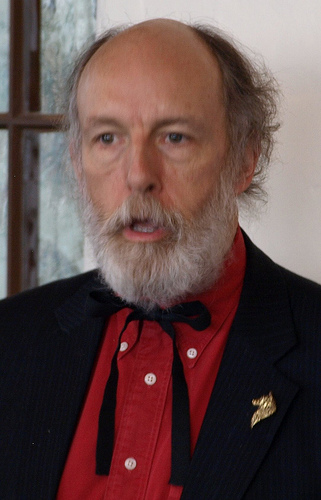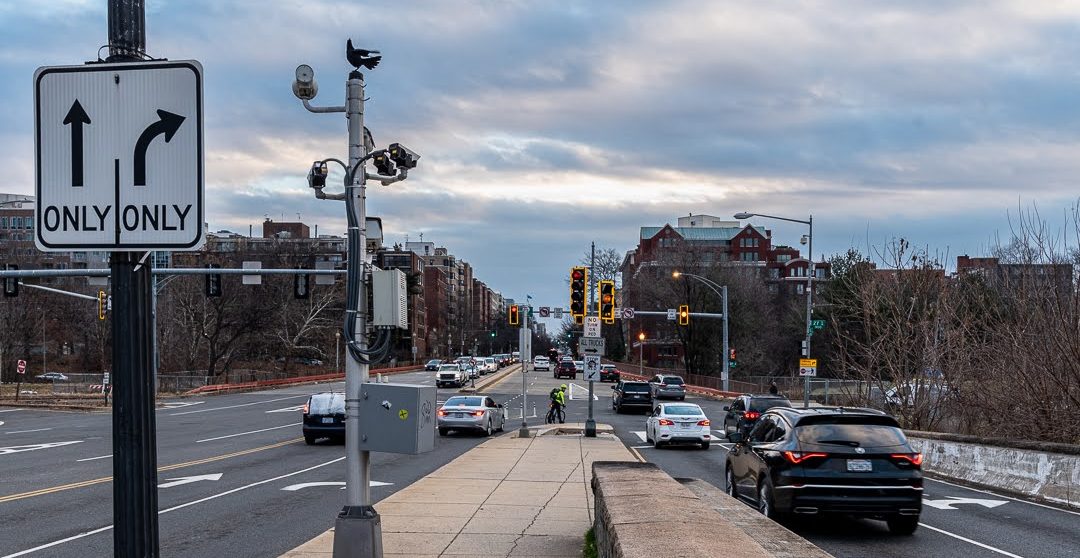The Cato Institute's resident transportation pundit Randal O'Toole is best appreciated as a comedian.

A forestry expert with a penchant for 19th Century neckwear, O'Toole's latest gag, published in The Michigan View, warns that Detroit is poised to repeat the transportation mistakes of -- get this -- Portland and Denver.
Let that sink in for a moment. O'Toole is warning Detroit that if the city invests in light rail it could turn out like two of the healthiest, most attractive cities in the country. Heaven forbid.
"Light rail is sooo last century," says O'Toole (an expert in prior centuries, as you can tell from his tie). Residents of metro areas keep on voting to tax themselves and build light rail, he continues, only because of "a giant hoax perpetrated on the taxpayers of the United States."
Light rail is expensive, he explains. Denver's going to spend $7 billion to build its light rail system over 10 years. Classic O'Toole. He doesn't like to complicate his arguments with superfluous nonsense like comparison to alternative scenarios, or even -- this is really a stretch -- the concept of externalities. Nope, when O'Toole's on the case we get a statement of project cost and then, "Gee, that's a lot of money."
Here's where it gets really good though. In what is sure to elicit belly laughs, O'Toole argues that light rail doesn't lead to development.
He illustrates his point with what is no doubt one of the country's biggest transit oriented development success stories: Portland. Portland! Where the streetcar led to billions of dollars being invested in TOD, according to the New York Times.
This is a direct quote from O'Toole: "When Portland opened its first light-rail line in 1986, planners rezoned the areas around each station for high-density, transit-oriented development. Ten years later, planners admitted that not one single such development had been built."
See? It's funny because O'Toole doesn't actually name any Portland planners who said the city's light rail system had not generated transit oriented development. But the planners at Tri-Met, which runs the light rail system, estimate that it has spurred $10 billion in TOD investment.
O'Toole continues: "When asked why they didn't build around the light-rail stations, developers said there was no demand for such developments."
Which developers would that be, exactly? Not the ones who built the Crossings, Russellville Commons, or North Main Village.
With the total agreement of all of Portland's "planners" and "developers" secured, O'Toole segues right into this hilarious conclusion:
"Rail advocates say you need rail transit to be a world-class city," he says. "The truth is that cities that use 1930s technologies to solve 21st Century transportation problems are world-class chumps."
If you don't count its tiny "People Mover" system, Detroit is probably the largest American city without rail transit. Chicago, San Francisco, New York -- chumps!
Also for chumps: looking for evidence to back up your assertions.





